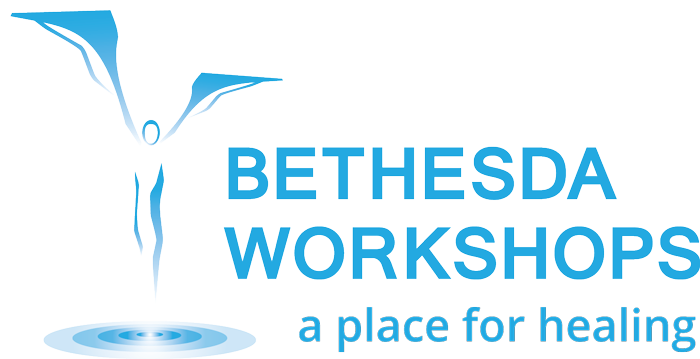Current states of affairs have me thinking about values, specifically the values that are my own north stars. I recently reviewed the personal work I did in late spring of 2019 based on Brené Brown’s fabulous book Dare to Lead, and I found it still shines true today. In fact, the core values I identified then only resonate even more deeply during these challenging times.
Brené Brown suggests some helpful questions to identify your core values: “What is important and dear to me? What helps me find my way in the dark? Is this who I am at my best? Is this a filter I use to make hard decisions?” (p. 189-190).
From Brown’s list of over 125 possible values (p. 188), I identified two that are core principles for me – spirituality and connection – after classifying several other ideals as sub-categories of each. Then I added two more yardsticks that spring from foundational values: character traits and the resulting fruits.
Your core values may be different from the ones I chose. Brené Brown identified other values for herself (and also pulled in additional ideals that supported her core two choices). Each person gets to choose. There are no right or wrong values in Brown’s list — only yours.
Newsflash: All human beings are called to live a principled life. In reality, we all do that one way or another. Some of us, though, live by faulty, misguided, unhealthy, or even selfish principles.
Brené Brown writes that if we’re going to live out our values, we most operationalize them: translate the ideals into behaviors. She recommends identifying specific positive behaviors that support our values and other behaviors that are “slippery” – ones we’re tempted to do even though they are counter to our values (p. 190). After several weeks of reflection and prayer, my final product was a helpful chart of guiding principles, positive actions, and warning signs. In the language of recovery, this is similar to Three Circles work.
These concepts are foundational to Bethesda Workshops’ mission and model since our inception in 1997. Living a principled life according to core values that determine character and bear fruit is the deeper process of recovery. This goal extends far beyond mere sobriety or overcoming the challenges of betrayal.
A principled life springs from our spiritual identity: All humans are chosen and beloved of God. Period. No exceptions. No exclusions.
Lapses in living out one’s values – slips in character and observable rotten fruits – don’t negate someone’s unconditional worth before God. I confess that lately I often must remind myself of that spiritual truth, as my judgmental self baits me to believe otherwise. Such lapses do, however, have consequences, first for the individual’s interior state, and then for that person’s relationships and, eventually, health, employment, and myriad other situations.
The values, character, and fruits I see on display in today’s divisive and contentious culture are deeply concerning to me. These comments are not intended as political, although I do firmly believe that values have political implications as well as relevance for every other arena of life. From the smallest local government, to the halls of Congress, to the White House, to the Supreme Court, to those in all levels of law enforcement, to activists, and to protesters: All people within these realms are subject to the influence of their core values, character, and their fruits.
As I am. As you are.
Pay attention when folks show you who they really are (their value system) by their observable actions. Pay close attention. Actions that are racist, misogynistic, homophobic, hateful, narcissistic, disregarding of others’ safety and rights, untruthful – and on and on – are reflections of character. They are indications of the core values that drive a person’s life.
Remember the fable about the scorpion and the frog? The scorpion, who couldn’t swim, asked the frog to carry him across the river. The frog was afraid the scorpion would sting him, but the scorpion promised he wouldn’t and cited their long friendship as a reason. As soon as the frog reached the far riverbank, the scorpion, indeed, stung the frog. When the dying frog asked why he got stung after being so helpful, the venomous stinger replied, “Because that’s my nature.”
To apply these thoughts specifically to Bethesda Workshops’ focus, yes, addicts often behave in ways that are far outside their value system, and for a while it may seem that they are “rotten to the core” when measured by their observable character defects and spoiled fruit. Addiction is also an attachment-influenced brain issue, and like any significant illness or distress, it requires specific attention and informed assistance to help strugglers return to functioning according to their values. The willingness to embrace that journey of honesty and healing is one of character. I actually think there’s an easier fix for addiction than for most of the values-violating behaviors I see today.
What do you identify as your foundational values? What type of character springs from them? What fruit are you bearing?
If, like me, you identify areas for growth, now is a great time to lean into that change.
Marnie C. Ferree
